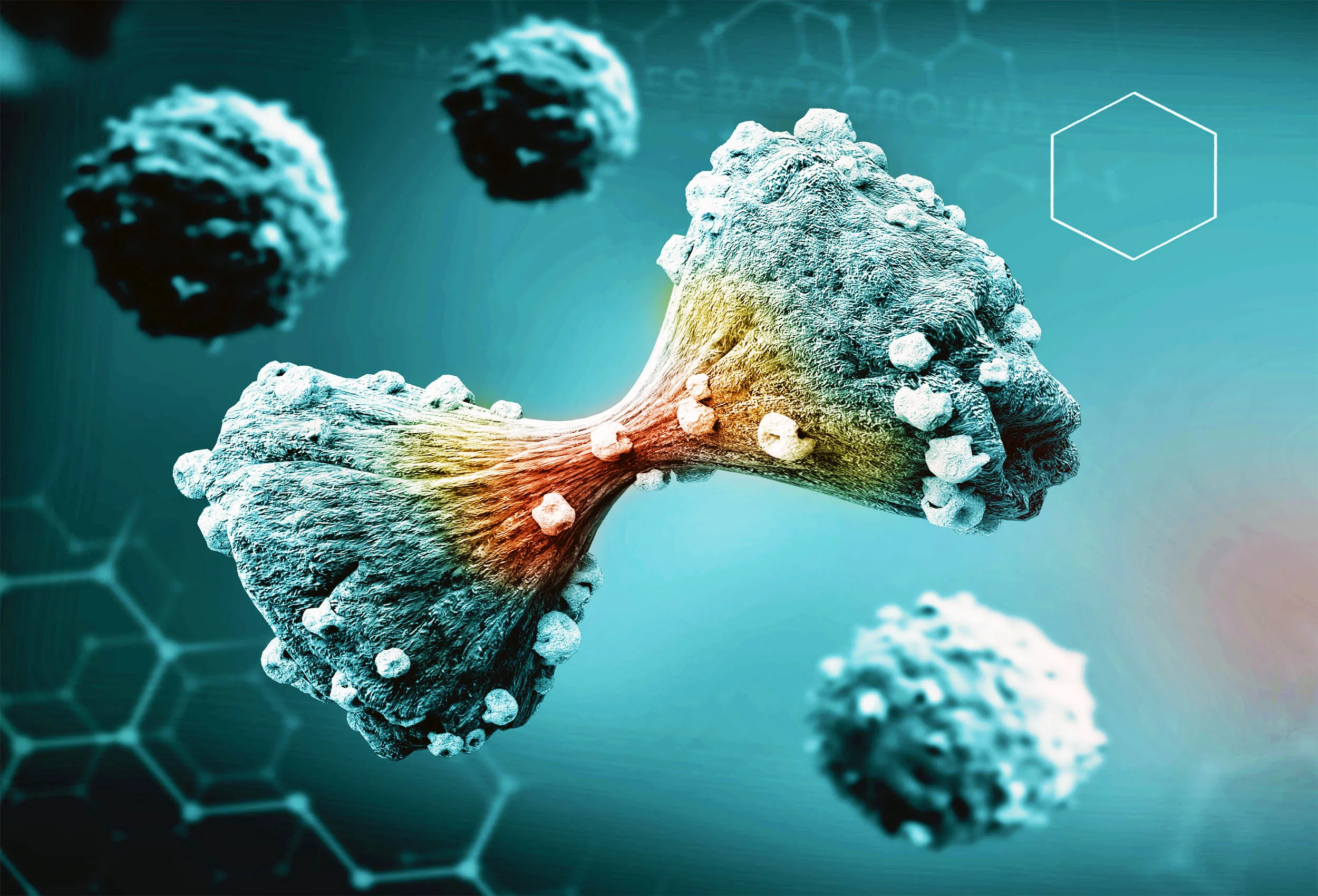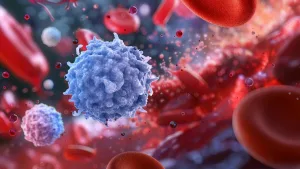Revolutionary DNA Test Predicts Chemotherapy Resistance
A groundbreaking new DNA test is offering hope to cancer patients by predicting their likelihood of responding to chemotherapy before treatment even begins. This innovative approach has the potential to save individuals from undergoing the harsh side effects of chemotherapy drugs that may ultimately prove ineffective.
The Promise of Personalized Cancer Treatment
For years, cancer treatment has often involved a trial-and-error approach, where patients endure grueling chemotherapy regimens with no guarantee of success. This new DNA test aims to change that by providing oncologists with crucial information about a patient’s genetic makeup and how it might influence their response to specific chemotherapy drugs.
How the Test Works
- The test analyzes a patient’s DNA sample.
- It identifies specific genetic markers linked to chemotherapy resistance.
- Doctors can then use this information to determine if chemotherapy is likely to be effective.
Benefits of Predictive Testing
The ability to predict chemotherapy resistance offers numerous benefits:
- Avoidance of Unnecessary Treatment: Patients who are unlikely to respond can avoid the toxic side effects of chemotherapy.
- Personalized Treatment Plans: Doctors can tailor treatment plans based on a patient’s individual genetic profile.
- Improved Outcomes: By selecting the most effective treatment options from the start, patients may experience better outcomes.
- Reduced Healthcare Costs: Avoiding ineffective treatments can lead to significant cost savings.
The Future of Cancer Care
This innovative DNA test represents a significant step forward in personalized cancer care. As research continues and more genetic markers are identified, predictive testing is likely to become an increasingly important tool in the fight against cancer, ultimately leading to more effective and less toxic treatments for patients.
Final Overview
The development of a DNA test capable of predicting chemotherapy resistance marks a turning point in cancer treatment. By empowering doctors to make more informed decisions about treatment options, this test has the potential to improve outcomes, reduce suffering, and transform the lives of countless cancer patients.



+ There are no comments
Add yours